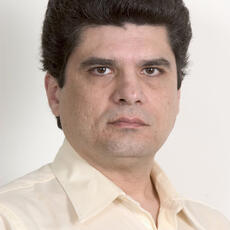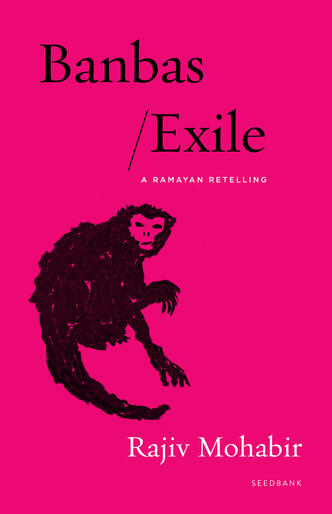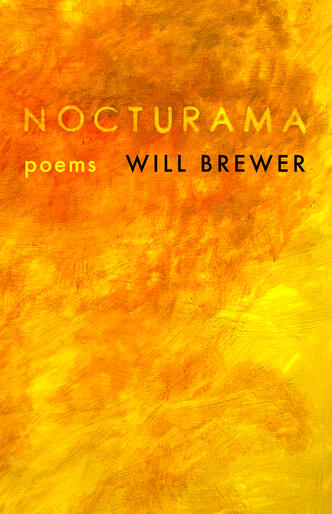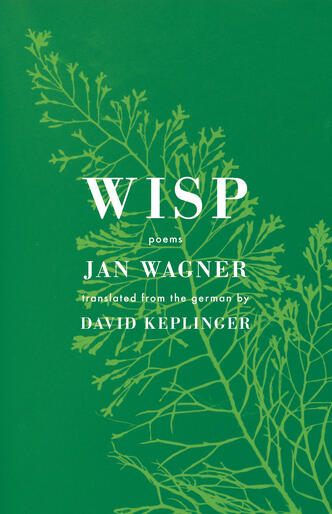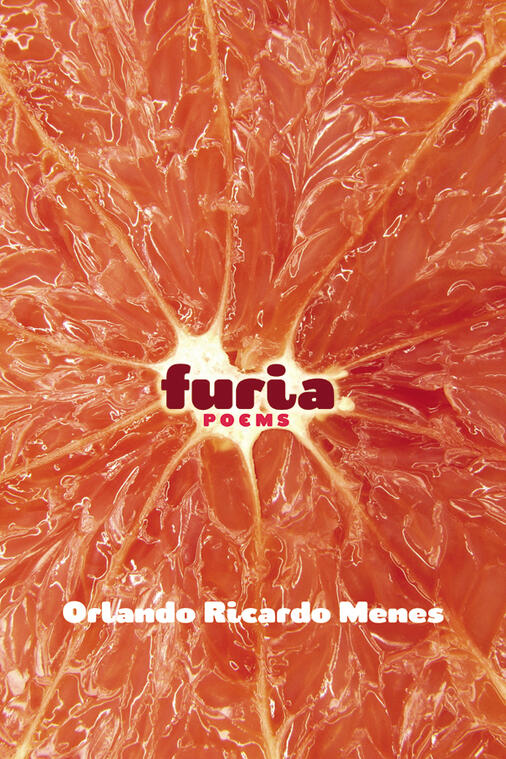
Furia
In a voice that is fluid and mesmerizing, Furia fuses geography, memory, and a rich multicultural ancestry. Born to Cuban parents, with one family line running back to China, Orlando Ricardo Menes was raised in Peru and Miami, and he uses this heritage to fuel his imagination.
Divided into three parts—“Furia,” “Coolie,” and “Rain”—these poems create a vivid, colorful world, exotic in its variety. Drawing from history, ethnography, and anthropology, Furia speaks to Afro-Cuban heritage, magic, syncretic religion, and legacies of displacement and assimilation. With a poetic style that centers on narrative, the lyric, and dramatic monologue, Menes brings to life a distinct mesh of grit and beauty, sound and sight, in a sweep of symphonious measures that celebrates as it delights.
